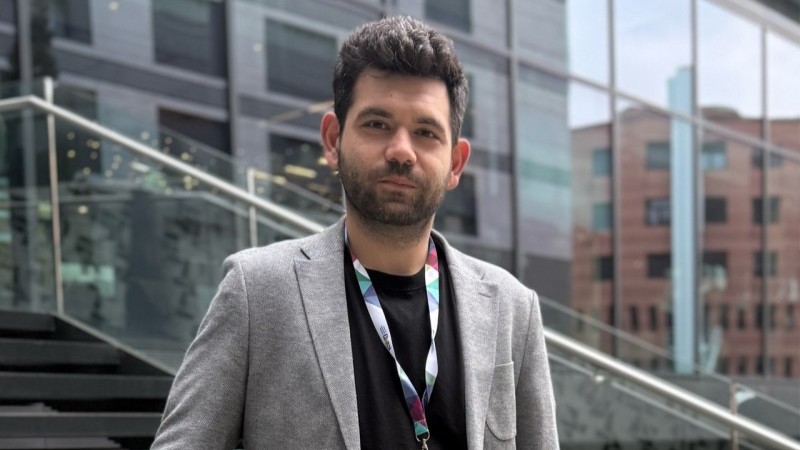Galip Can Uyar, Medical Doctor at Etlik City Hospital, shared a post on X:
“Can early multidisciplinary interventions reduce immune-related skin toxicities in NSCLC?
In a recent JCO Oncology Practice study (N=154), a proactive strategy during nivolumab + ipilimumab ± chemo led to:
- Grade ≥3 rash: 21% to 8%
- Systemic steroids: 36% to 10%
- Treatment discontinuation: 21% to 4%
How?
- Physicians: pre-prescribed moisturizers, antihistamines, topical steroids
- Pharmacists: structured patient education
- Nurses: skin care coaching plus day-22 adherence check
Any-grade rash was linked to longer PFS & OS, but Grade 3 rash predicted worse OS (HR: 2.13).
Comment: In ICI-based therapy, toxicity isn’t just a side effect—it may reflect both immune activation and its biological cost. Managing skin is managing survival.”
Title: Prophylactic Interventions to Prevent Severe Skin Toxicities in Patients With Non–Small Cell Lung Cancer Treated With Nivolumab + Ipilimumab With or Without Chemotherapy
Authors: Toshiyuki Sumi, Kaori Kanamaru, Shunsuke Tsuji, Masahumi Kagawa, Taiki Ishigooka, Keigo Matsuura, Takumi Ikeda, Yuichi Yamada, Hirofumi Chiba
Read The Full Article at JCO Oncology Practice.

More posts featuring Galip Can Uyar.


